Outstanding teaching and academic standards - The British School in Tokyo
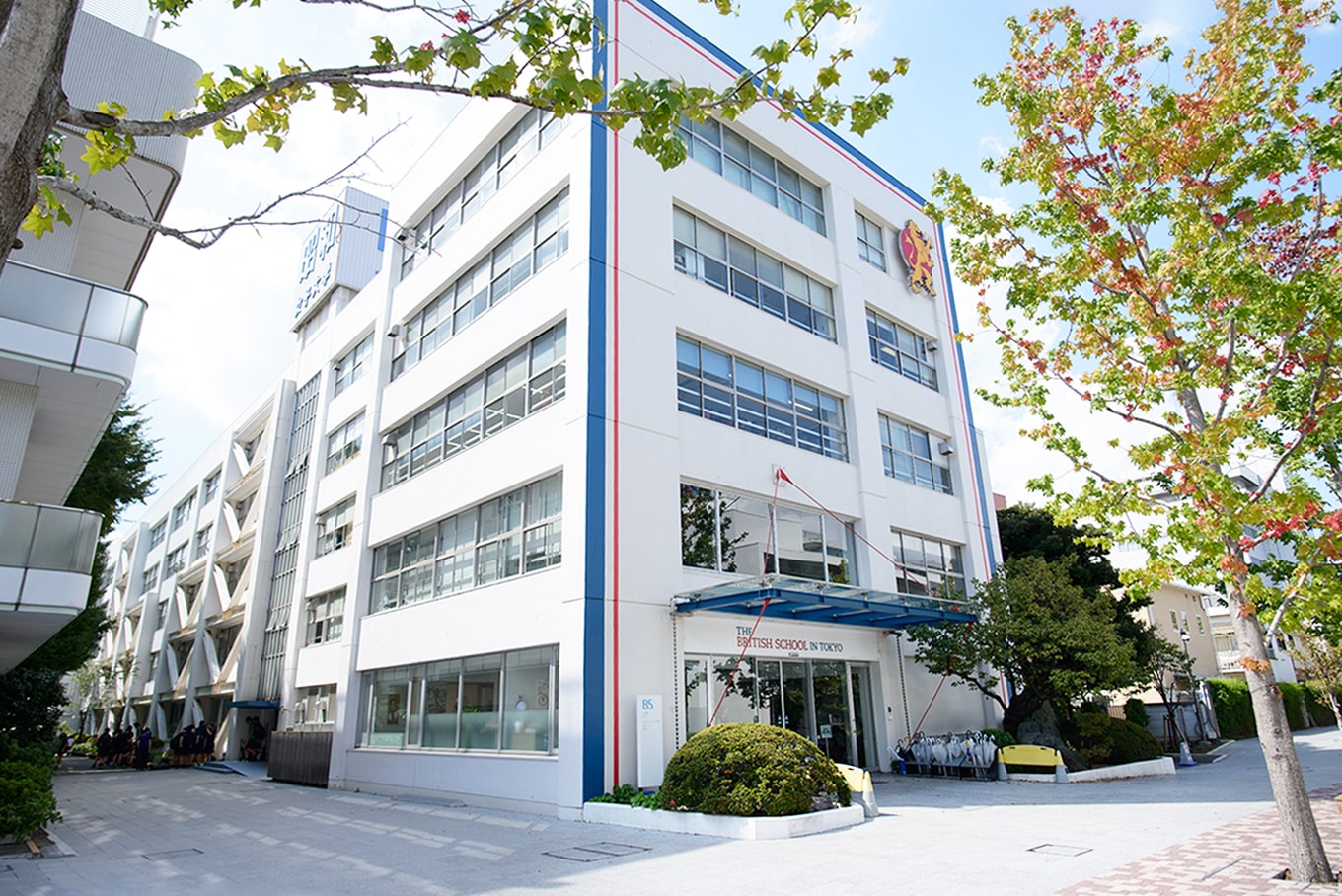
UPDATE:2024/8/20*This information is current at the time the column was updated. For more recent information, please visit the school's Web site.
A truly international school with over 1,100 students from around 65 countries, The British School in Tokyo (BST) is a unique educational facility with a curriculum that focuses on bringing the best out of all children, state-of-the-art classrooms and more than 130 clubs and activities.
Opened by former British Prime Minister Margaret Thatcher in 1989, it currently has two campuses: One in Azabudai Hills in Minato Ward, from nursery until Year 6 and the other, from Year 7 up to Year 13 at a shared campus space with Showa Women’s University in Setagaya Ward.
Wanting to hear more about that and the school in general, we recently sat down with Benjamin Loran, the Director of Operations at BST.
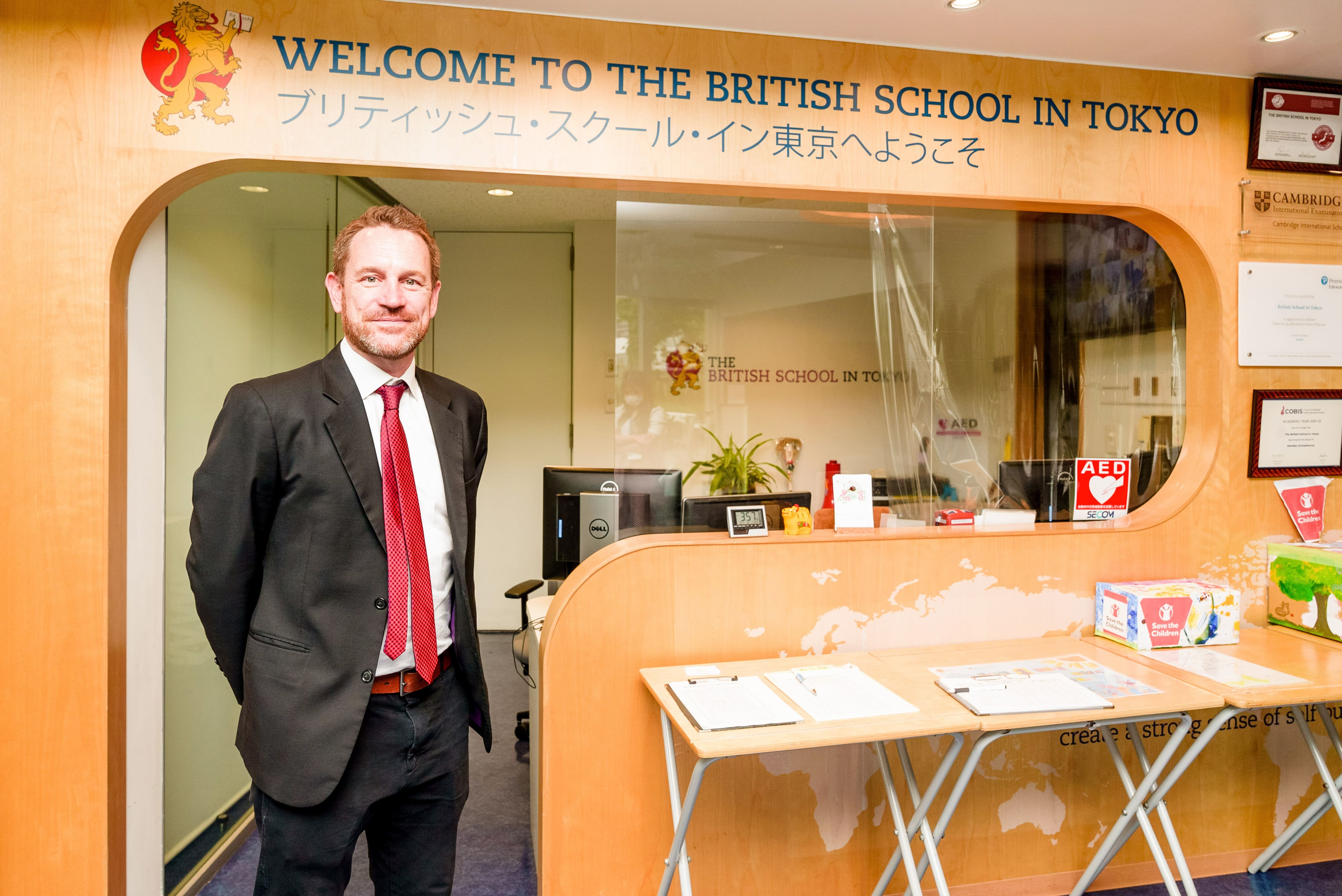
1. Can you first tell us about your education policy?
We’re an all-through school so education starts at the age of three and goes all the way to 18 before the students enter university. Our educational approach is built on two central tenets: The first is academic high standards and the second is a holistic approach, providing a wide range of educational opportunities.

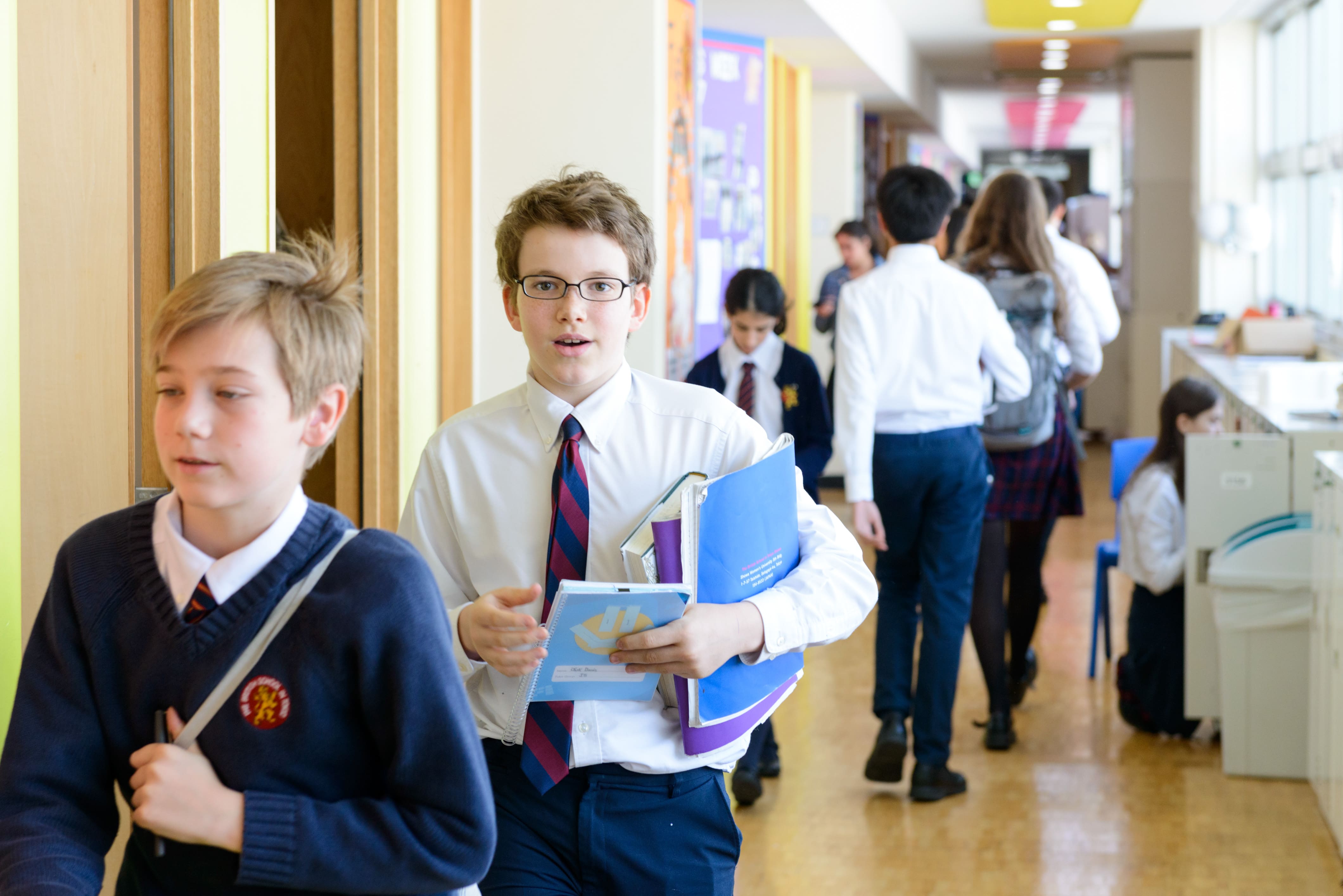

2. Could you expand on that holistic approach?
There are a number of different facets to holistic education. For a start, we look to provide the students with an innovative learning experience, combining the structure and rigor of the English National Curriculum with a concept based inquiry learning approach. This ensures that students have a voice and are studying things they are actually interested in rather than just delivering a set curriculum. There are then wider educational opportunities that BST provides.
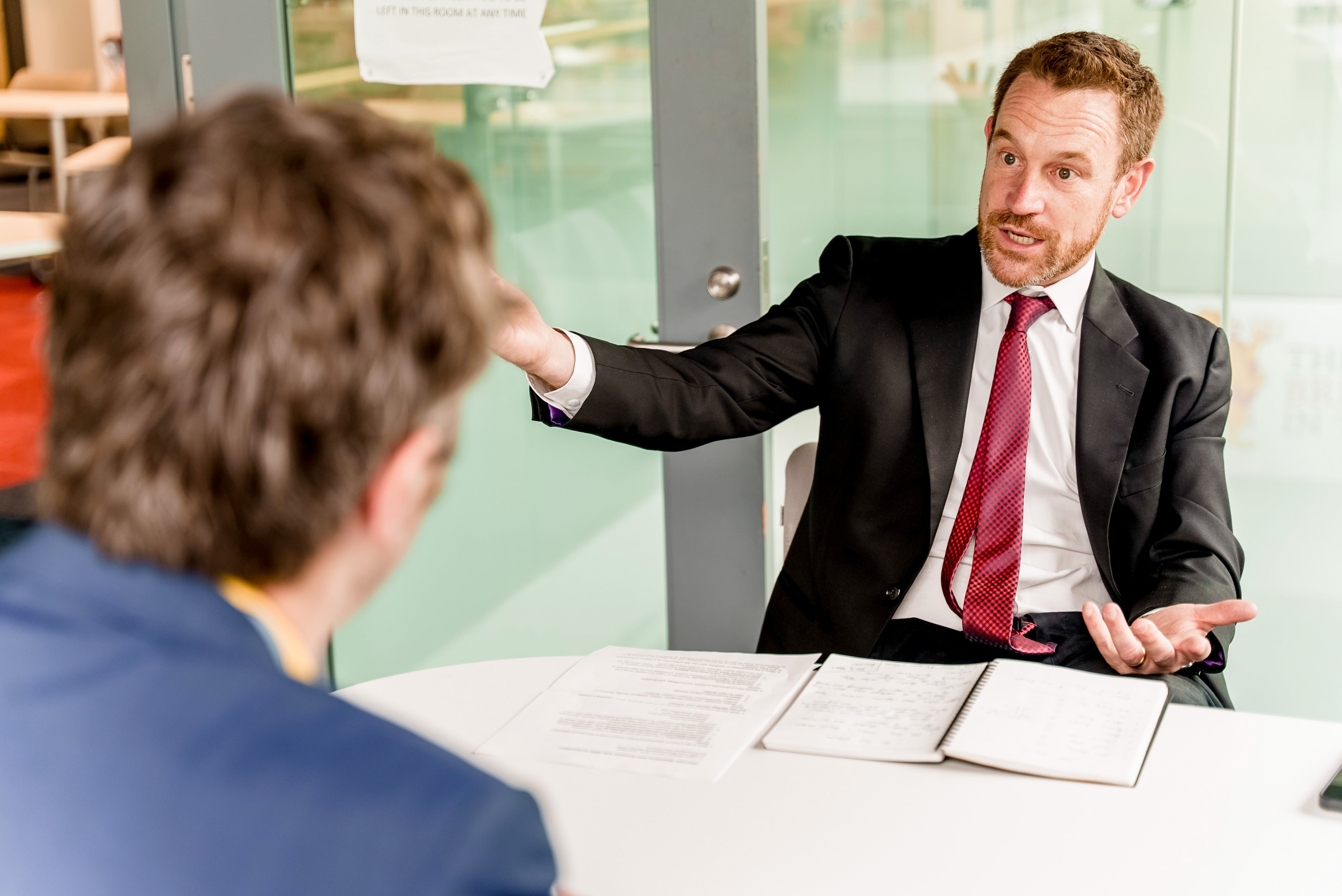
3. What kind of opportunities?
We provide a range of educational trips and residential experiences and also a wide range of clubs and activities. The trips that students go on, for instance, are specifically designed to support their learning and development. We have residential trips that take learning to a different level. The BST Outdoors programme takes students to experiential learning activities including skiing in the winter and hiking, kayaking and camping in warmer months where students learn about themselves in a different environment. Then, on top of that, there are the opportunities we provide on a daily basis such as the clubs and activities. We have every sport you could imagine and music clubs that challenge the students and provide them with opportunities to demonstrate their talents. Every week there are musical events happening, academic competitions and sporting fixtures.
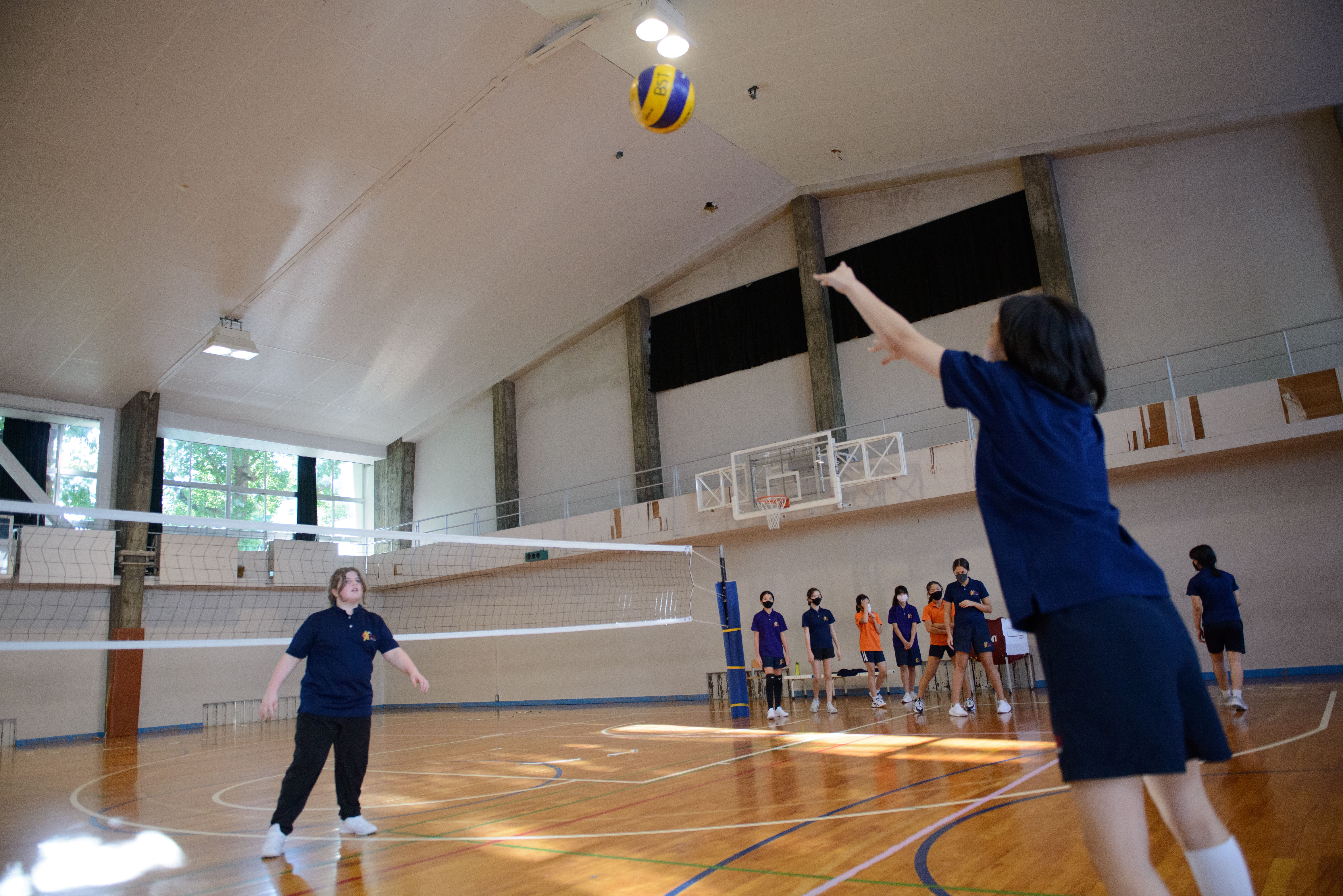
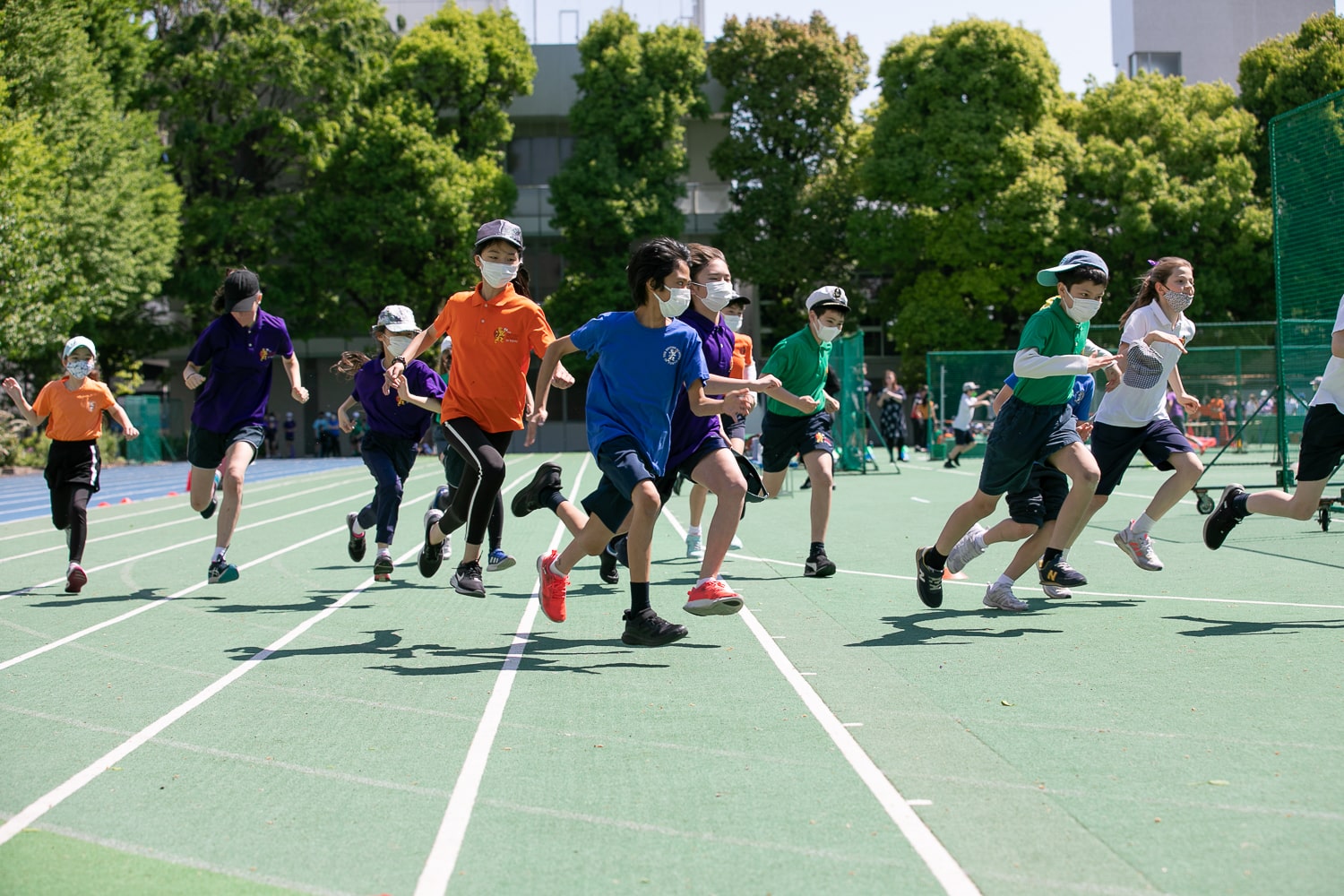
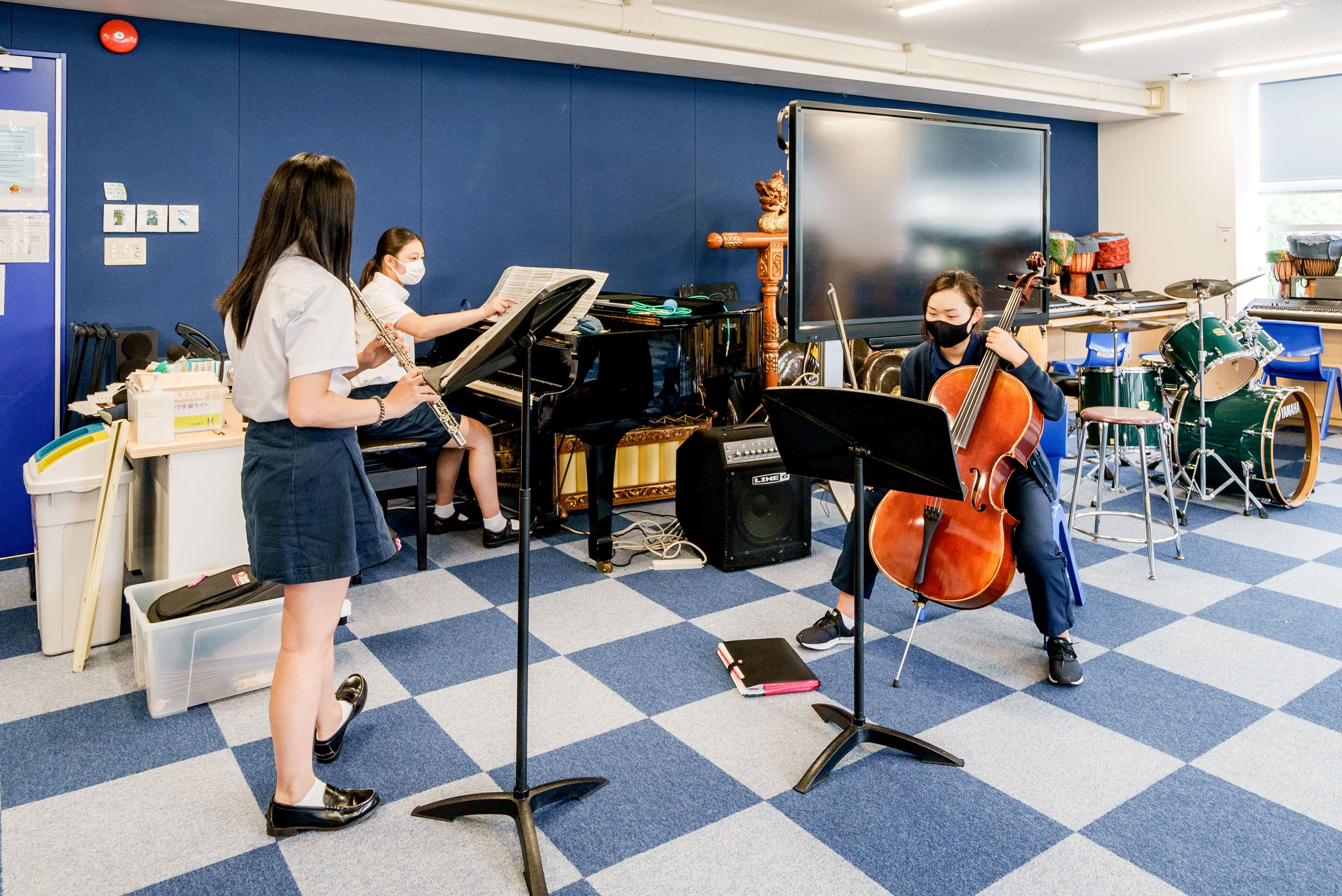
4. Are there trips abroad as well?
Yes. Before the pandemic we were able to take the students abroad. As a member school of FOBISIA (Federation of British International Schools in Asia), students get the opportunity to travel for sporting and musical experiences such as the FOBISIA Games in Phuket, Thailand a four-day sports competition against other FOBISIA schools in the region. Additionally, our pupils go to Cambodia as volunteers for United World Schools, helping children and communities directly.

5. Can you tell us about United World Schools?
We support a number of charities throughout the year but our main charity is United World Schools. It’s an organization that helps under-privileged students around the globe. The focus is on children and education and that is ultimately what our focus is too. To be part of the international community, it is vital to support others so our students get a lot from this partnership.
6. How would you describe the school’s culture? And what are its special features?
The culture of the school is based on being supportive whilst remaining challenging. We nurture the students so they can reach their potential and focus on them as individuals. We have high expectations across the board and we ensure the balance between challenge and support enable the students to thrive. If you look around the school you can see it is a unique environment. The students are genuinely happy to be here, being challenged and challenging themselves.
As for special features, I think the fact that we share a campus with Showa Women’s University is quite rare. It means there are opportunities for our students to take part in undergraduate programs. Also, this year, we've collaborated with the university’s junior and high school on a sustainability audit. This enables us to look at our environmental footprint and address issues properly and meaningfully. It has provided a platform for students to think about things that are important for the planet and actually try to do something about them.
7. Are these special features why so many parents choose to enroll their children at BST?
I think it’s certainly part of the reason. There are many others. We have a unique combination of location and quality of facilities that makes it an obvious choice for families. There’s no other British international school of our standing or reputation that has these kinds of facilities in the centre of Tokyo. Children begin in nursery and from there they can go through a seamless educational journey. The Early Years Foundation Stage (EYFS) curriculum is focused on students achieving early development goals by the age of five. This is very important for us as research shows that it's critical for academic success in later life.
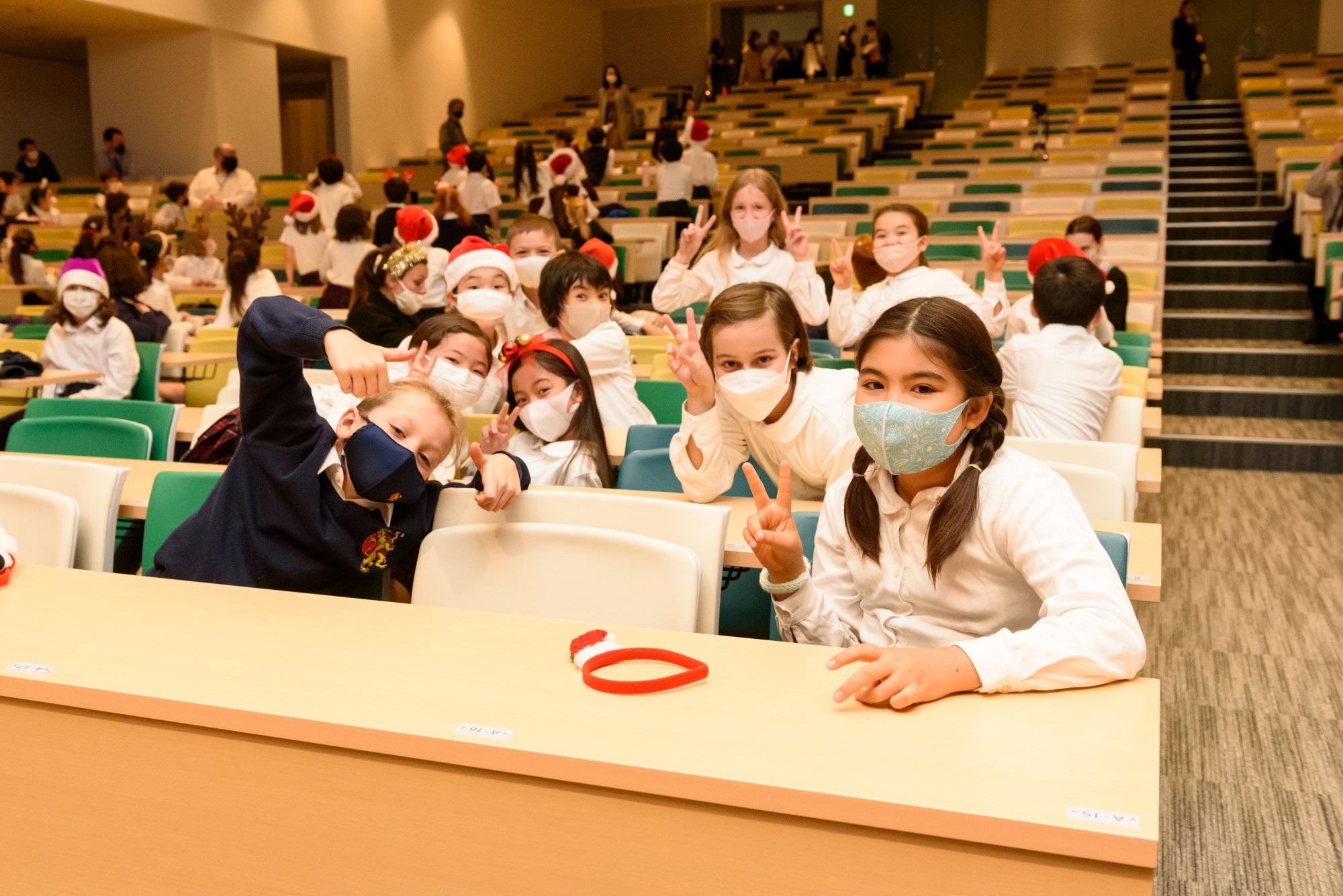
8. How do your students usually get to the school?
There's a bus service from our campuses at Showa Women's University and Azabudai Hills. A considerable number of the children use public transportation. Sangenjaya Station is just around the corner so the access is easy. It also gives the students a sense of independence which is great. And then there are many students who either walk or cycle as they live nearby.
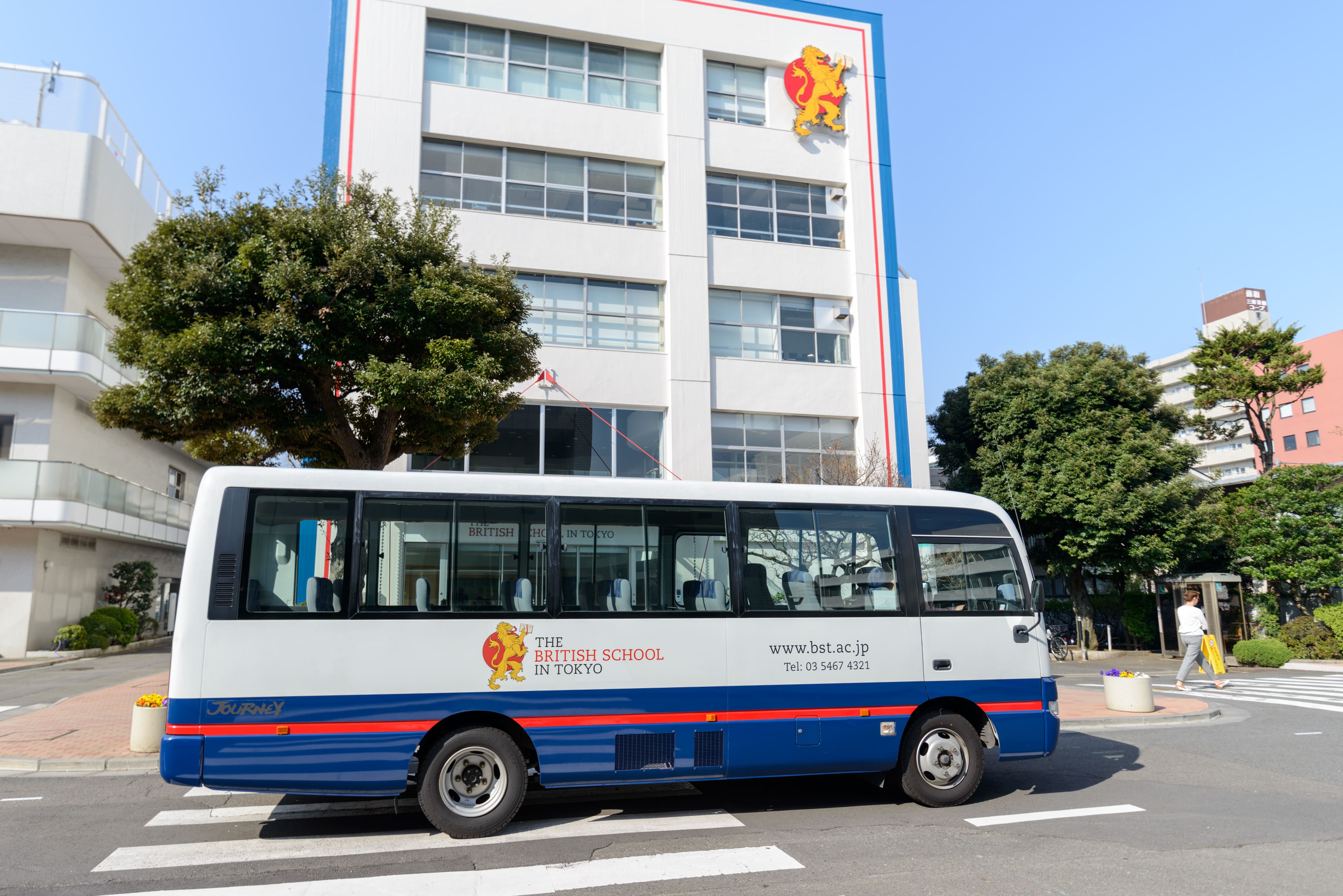
9. Is there any change of BST?
In summer 2022, we opened a new senior school study center just outside the gates of the university. It's for students in Year 12 and 13 and includes both silent study and collaborative study areas. There is a dedicated space for counselling and parents can come to speak to our staff members about universities in different countries as the process can be quite different depending on the country.
We also opened a brand new camps for our Primary School. It is located at Azabudai Hills, just a step away from Tokyo Tower. Designed by world-renowned architects at Thomas Heatherwick Studios, the facilities are second-to-none. There's an indoor swimming pool, a gym, two outdoor sport pitches, a dance studio, two libraries and a digital technology studio focused on STEM education as well as large indoor and outdoor spaces designed to facilitate learning. It has everything you could hope for at a school and more.
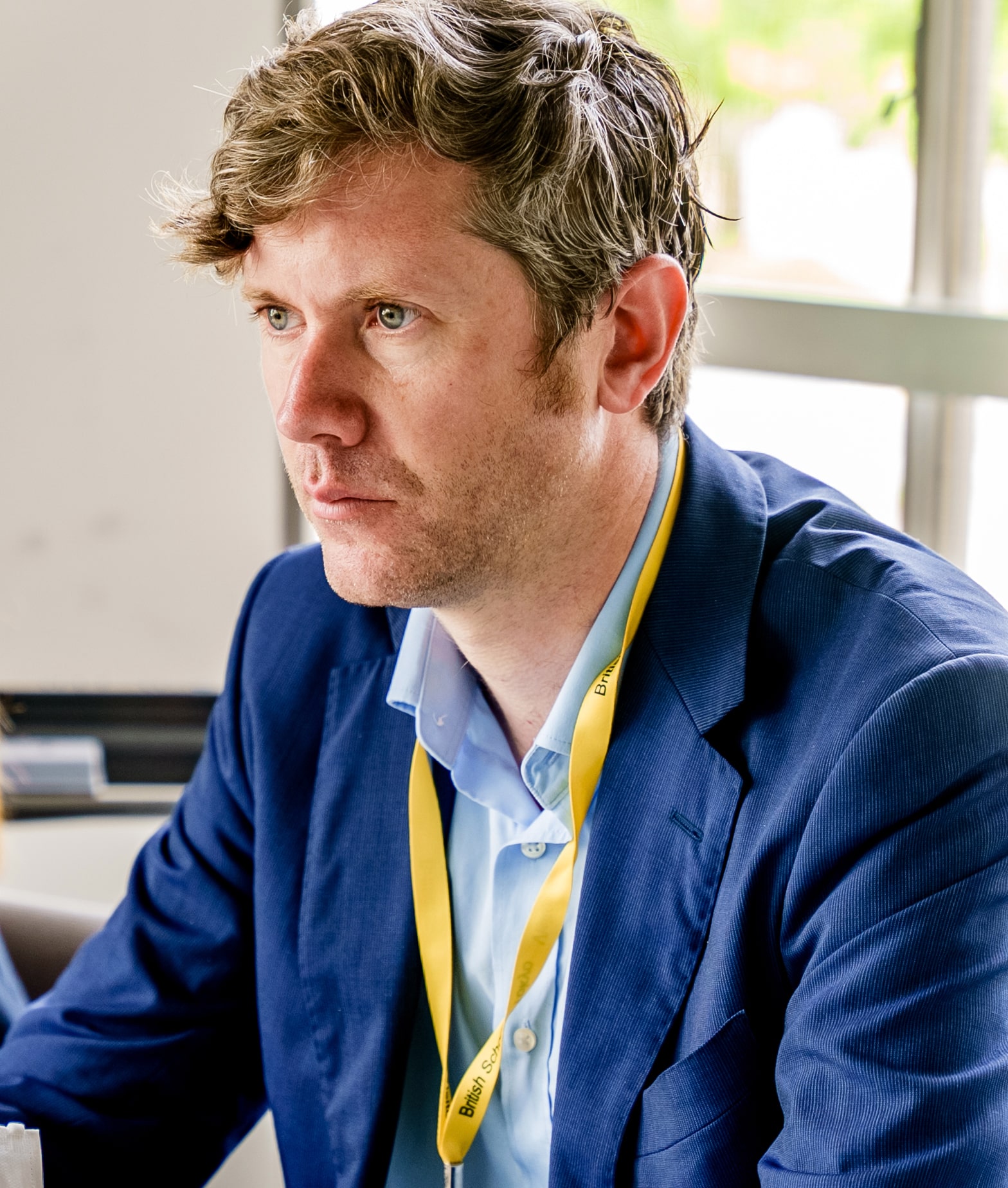
10. Finally, what are your expectations of Ken Corporation?
I hope we can continue to work together with Ken Corporation to help families that are looking for international education for their children. Ken Corporation provides a service like us, so in that sense we are aligned. I am looking forward to developing our relationship further in the future.
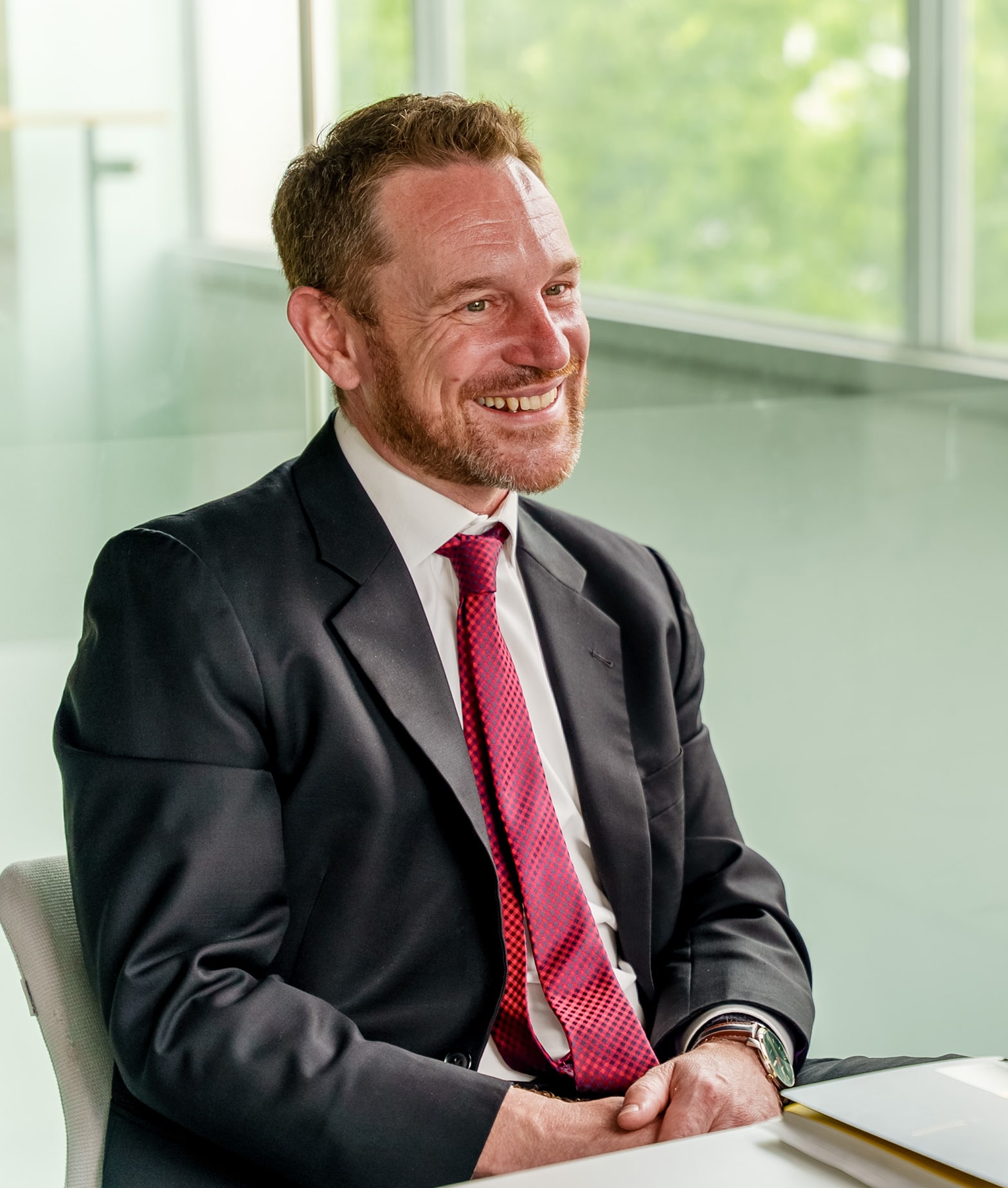
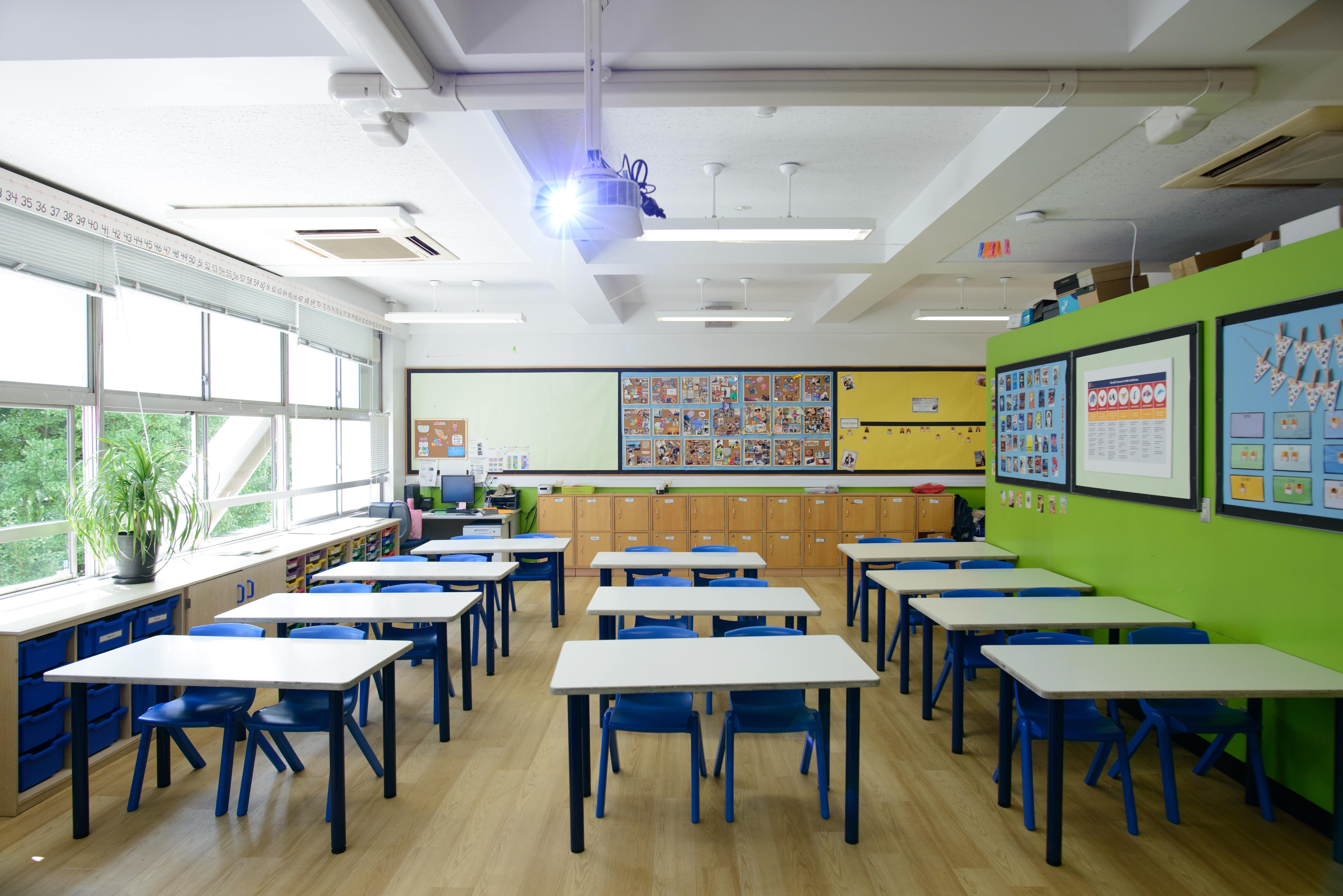
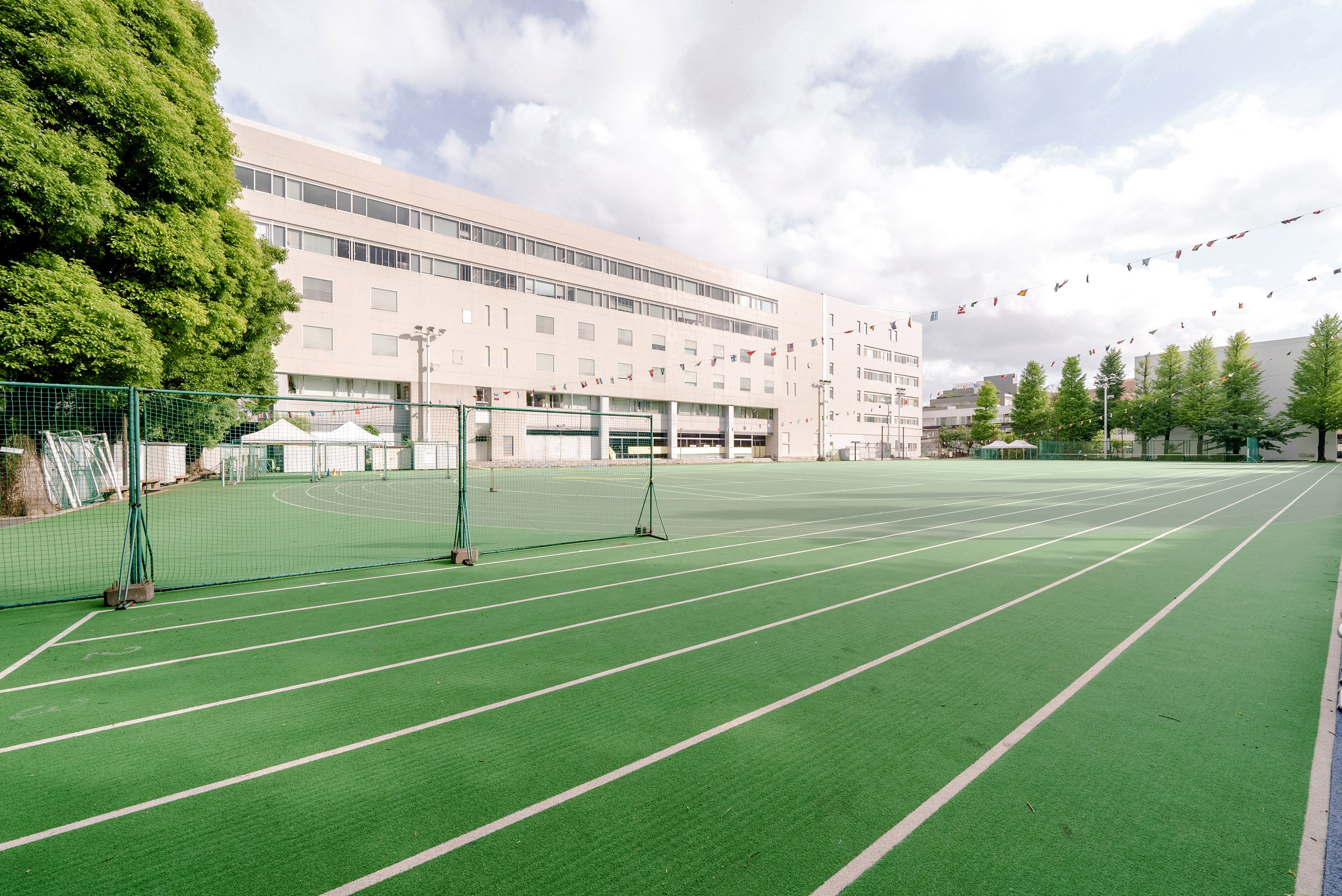
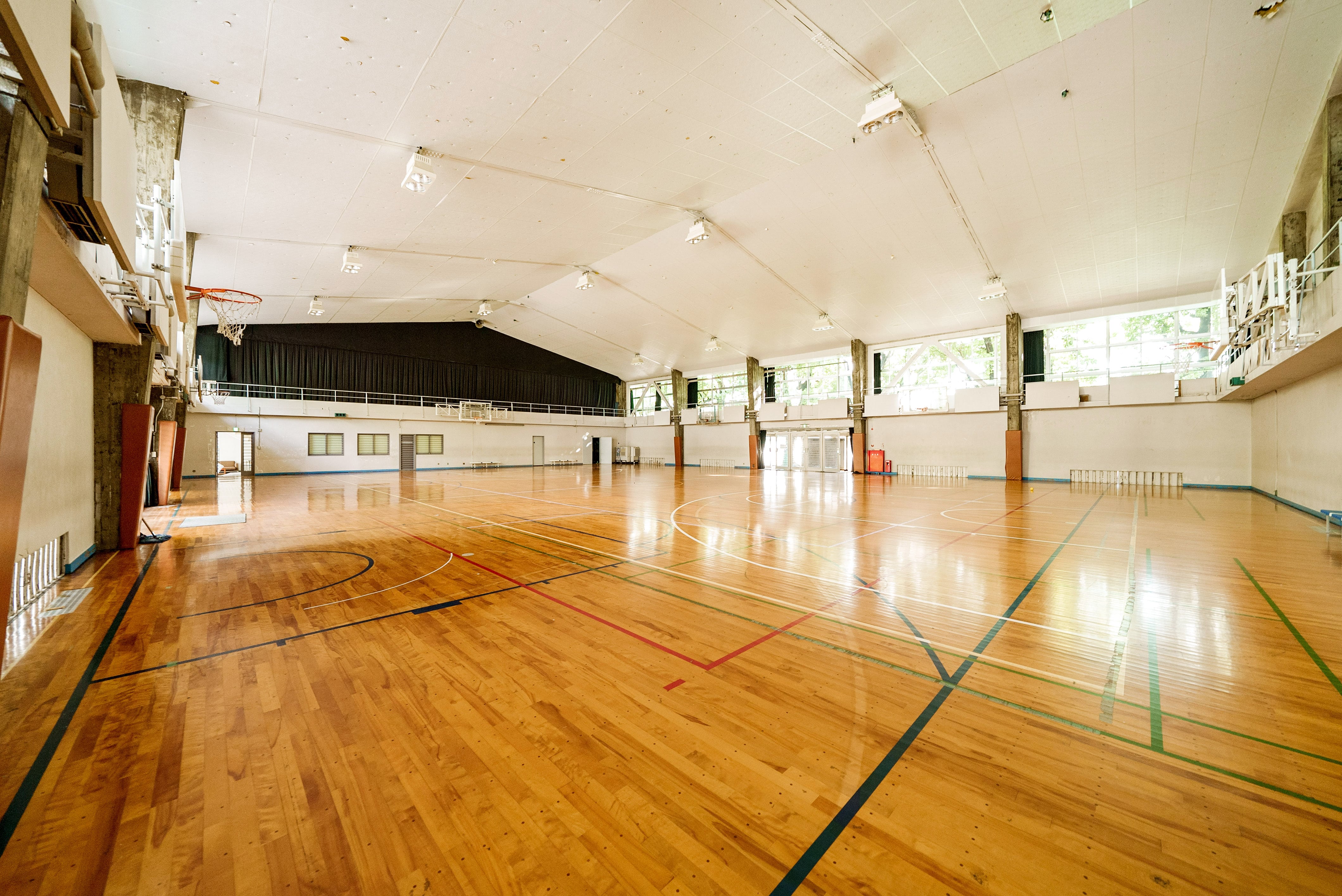
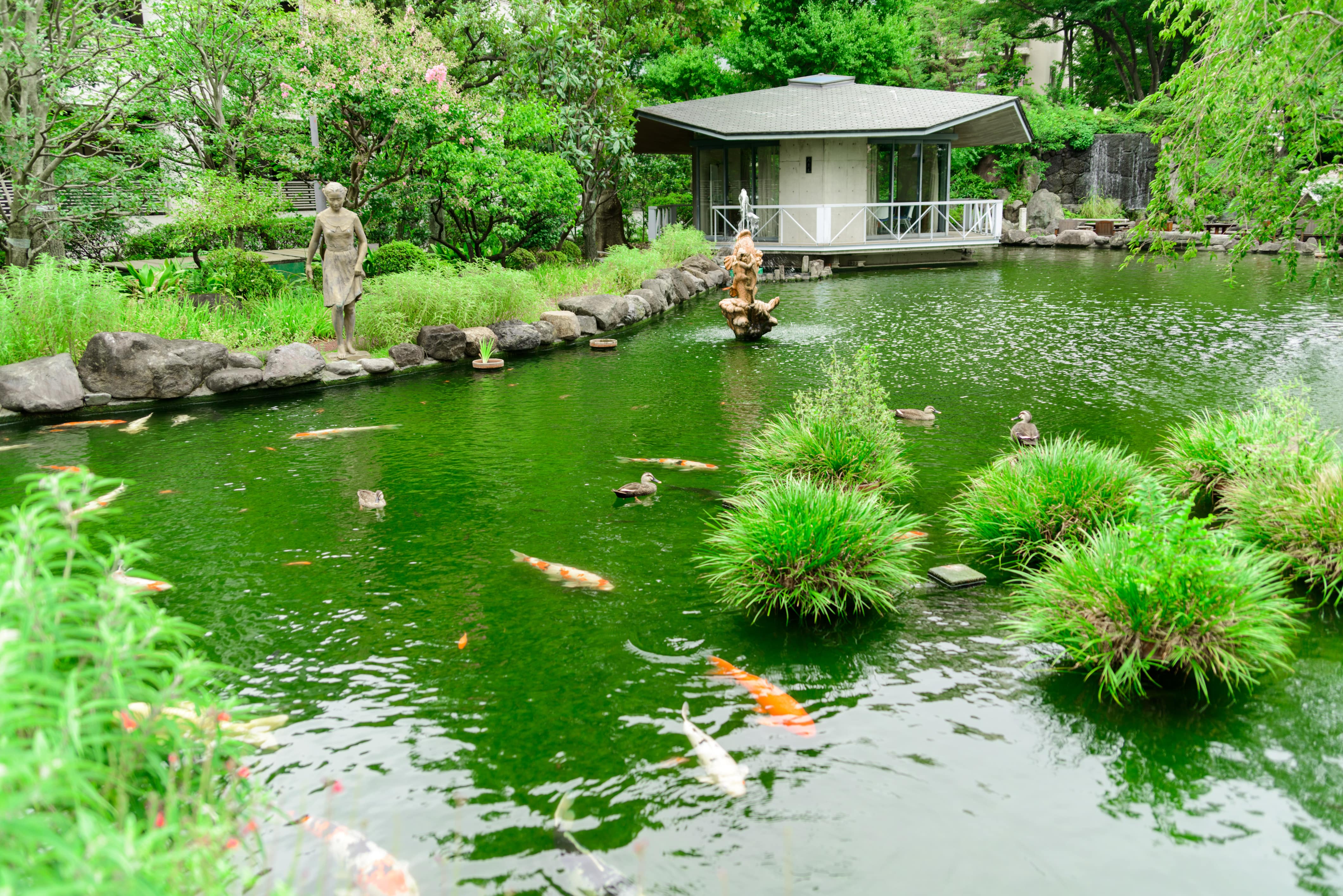
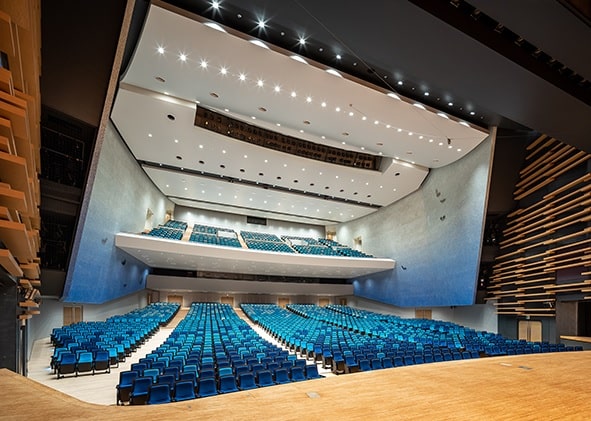
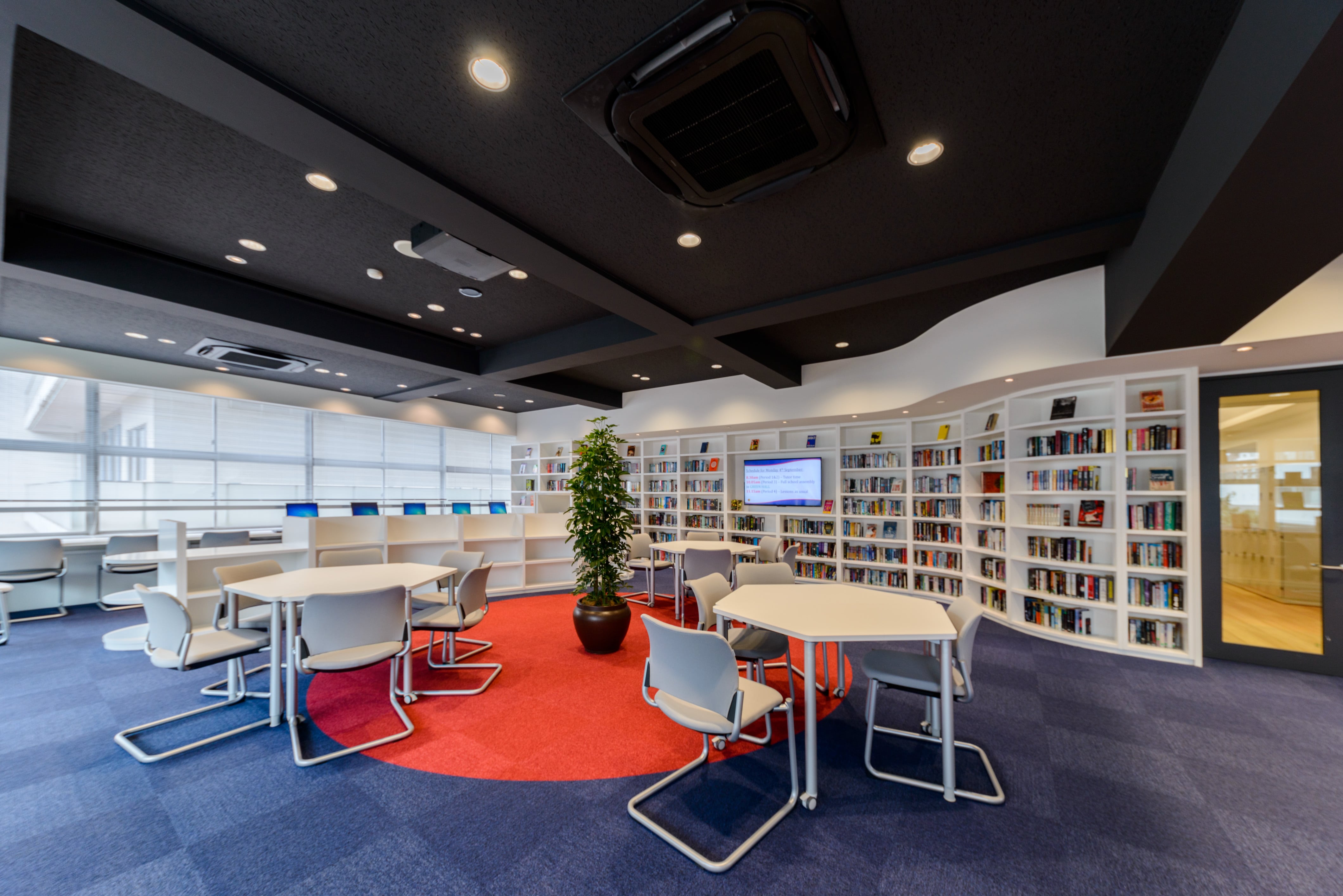
ABOUT THE SCHOOL
The British School in Tokyo
- Address
- Secondary School: 1-7-57 Taishido, Showa Women's University 5th Bldg. Setagaya-ku, Tokyo 154-8533
- Primary School: 1-3-3 Azabudai, Minato-ku, Tokyo, 106-0041
- Language of instruction
English
- Age Range
Ages 3 to 18
- Number of students
1,200
- Primary School Ages
3-11
- Secondary School Ages
12-18
- Accreditations/Inspections
- BSO (British Schools Overseas inspection programme)
- Patron’s Accreditation of Council of British International Schools (COBIS)
- Member of Federation of British International Schools in Asia (FOBISIA)
- Member of Council of International Schools (CIS)
- Pearson BTEC Approved Centre
- ASDAN Member
- Independent Schools Inspectorate (ISI) (DfE BSO approved)
- Website